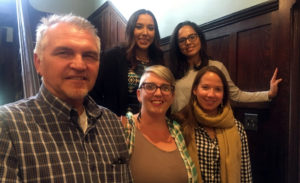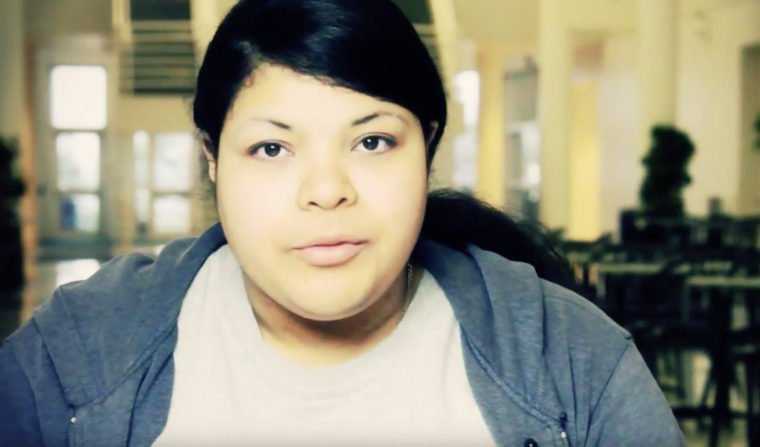Nearly 30 percent of U.S. college students drop out in their first year, on average. One segment of a campus population shown to experience a particularly difficult time fitting in: underrepresented minority students. Now, a new intervention program being implemented through the Brown School at Washington University in St. Louis aims to help minority students feel as if they belong on campus.
“Obtaining a college degree is probably the greatest ‘vaccine’ against all of the health issues humans try to avoid,” said David Patterson Silver Wolf, associate professor at the Brown School.
“For instance, there is well-documented literature showing that individuals who get a college degree have greater overall mental health, economic well-being, improved upward mobility, brighter outlook on life and pass these benefits on to their children,” he said.
Unfortunately, underrepresented minority students who enroll in college have the highest college-dropout rates.
“These students do not benefit from the well-known ‘college degree health booster,’ nor are they able to pass that on to the next generation,” Patterson Silver Wolf said. “American Indians are the minority within the minority. They have consistently led the rate of college dropout among minority students.”
With those facts in mind, Patterson Silver Wolf wanted to develop an intervention approach that was effective and easy to deliver — a way to help underrepresented minority students feel a part of the campus community.
In a paper published this summer, he tested the effectiveness of a structured introduction via a 13-minute video, “You Are College Material — You Belong,” followed by group discussion, among students at St. Louis Community College-Forest Park.
He found that a social-belonging intervention may serve as an important complement to college preparation, ongoing education and other activities.

“We found that the intervention increased retention rates 8 percent, and those who received the interventions also had significantly increased grade-point averages,” said Patterson Silver Wolf, whose research was funded by the Center for Social Development’s Shanti Khinduka Social Work Research Fellowship for Social Innovation.
All new college students, regardless of age, race and gender, feel like they don’t belong when they first arrive on campus, which is normal, he said.
“Unless underrepresented minority students enroll in their own college, such a historical black or tribal college, finding ways to feel like they belong can be very difficult,” Patterson Silver Wolf said. “The college culture and traditions oftentimes conflict with minority culture and traditions. Further, when there are feelings of a lack of belonging, small things, like being ignored or getting a poor grade, can cause those feelings to increase. These seemingly small acts can result in the decision to drop out, which has huge consequences.”
Due to the success of the intervention approach he tested, Patterson Silver Wolf has trained underrepresented students from Washington University to deliver the intervention to St. Louis Community College-Forest Park underrepresented minority students.
“In the earlier study, I delivered the intervention,” he said. “It’s important to investigate whether the students can deliver it with efficacy. I would also like to have a larger sample size to test just the video alone without any discussion and interaction about social belonging.”
“Building a conversation around feelings of belonging where anyone can go in and implement it is important to the validity of the study,” said Jenifer Van Schuyver, a master of social work student at the Brown School who is helping to facilitate the intervention at the community college.
“Each facilitator is being asked to go into the classroom and deliver material that is both inclusive and genuine, but mostly consistent across other facilitators,” she said. “Being able to engage with students and have a conversation around feelings of belonging has been the best part of the project. Asking questions surrounding the number of friends they’ve made, or not feeling like they made the right decision to attend college, opens up dialogue and builds relationships with other students in the classroom. Relating to their experiences as a facilitator is surprising to the students. Creating these connections builds camaraderie and resilience.”
